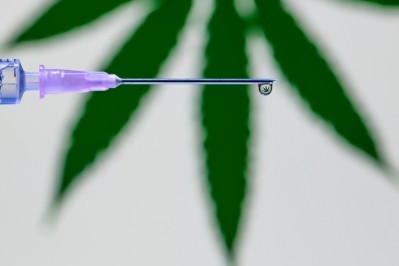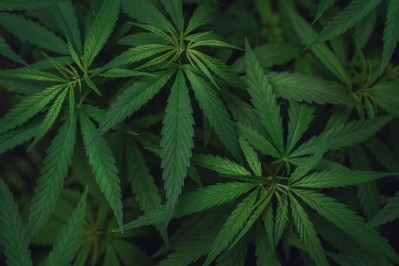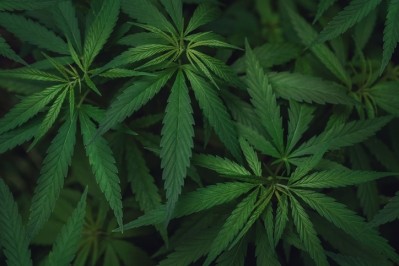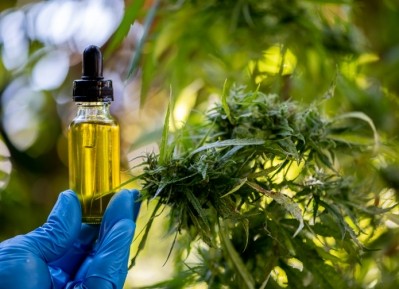Industry sounds alarm over Oregon’s proposed restrictions on hemp/CBD products
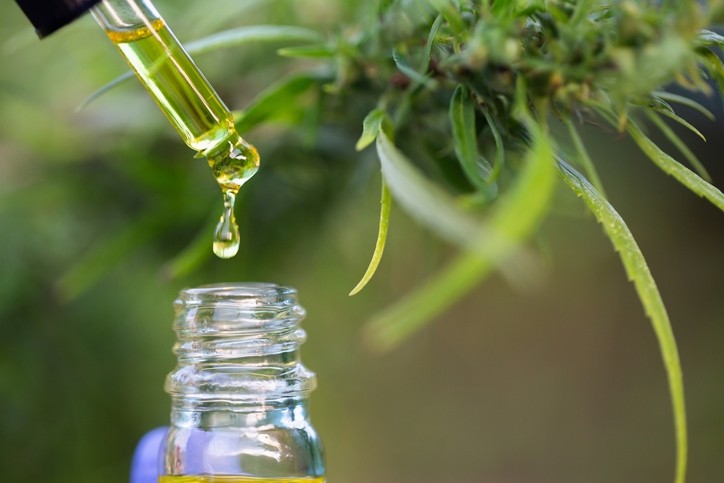
The new rules were proposed by the Oregon Liquor and Cannabis Commission in mid November, with a deadline of Dec. 22 for comments from industry and the public. OLCC was tasked with implementing Oregon House Bill 3000, passed in the 2021 legislative session.
The intent of HB 3000 was among other things to put safeguards in place to make sure products containing THC were not sold to minors. The law also instructed OLCC to establish maximum concentrations of THC and other cannabinoids per severing of products made from industrial hemp.
But the way OLCC has interpreted the law could mean that all ‘full spectrum hemp extracts’ (most of which could contain trace amounts of THC) as well as other minor cannabinoids such as CBN would be placed into a new regulatory category and could only be sold to consumers over the age of 21.
Regulatory process gone wrong
“Oregon seems to have gone a little too far in its effort to establish regulations for intoxicating cannabis products,” Loren Israelsen, president of the United Natural Products Alliance told NutraIngredients-USA. “It’s a classic case of legislative intent followed by administrative interpretation equals a problem.”
“For a state that has been as forward looking as Oregon in regard to cannabis and hemp and the development of those markets, this is a misguided regulatory approach,” said Steve Hoffman, principal in the firm Compass Natural Marketing. Hoffman has worked on hemp issues from the time of the passage of the first state ballot initiatives almost a decade ago.
Jonathan Miller, general counsel of the US Hemp Roundtable, said his organization has submitted preliminary comments to OLCC.
Miller said the comments make clear that his group strongly supports the legislative intent of HB 3000.
“Intoxicating cannabis products should not be sold at retail, nor to minors, but rather only through adult-use cannabis channels,” the comments state.
But Miller said the approach OLCC has taken in establishing these boundaries seems arbitrary and was not based in publicly available data.
“From our discussions with OLCC staff, the cannabinoid limits and restrictions in the Temporary and Proposed Rules were developed without scientific basis or survey of existing products in the hemp marketplace,” the group’s comments state.
The OLCC rules define an ‘adult use cannabis products’ as those that contain more than 0.5 mg of THC per serving. The way the rules are written, many non intoxicating full spectrum hemp extracts would fall under this definition, which would require companies that sell a range of hemp/CBD products to differentiate those products and relabel them for the Oregon market. This is an undue burden that is not based on science, the Roundtable asserts. Miller said as matters stand about the only products that would hot be affected are those based on CBD isolates.
Synthetic cannabinoid prohibition
The group’s comments also addresses another issue in the OLCC rules that pertains to synthetically derived cannabinoids. Producing some of the minor cannabinoids like CBN via fermentation has become a major avenue of product development within the industry.
While granting that there could be an issue with synthetic versions of intoxicating cannabinoids like delta-9 THC and delta-8 THC, the group says that OLCC seems to have arbitrarily ruled against synthetics of any sort.
“We fully support efforts to regulate and limit access to intoxicating products like delta-8 THC, which should only be sold through adult-use channels. Unfortunately, OLCC’s Temporary and Proposed Rule prohibit the retail sale of all artificially derived cannabinoids, including those that are non-intoxicating, which goes beyond the legislative intent of HB 3000. Based on our discussion with OLCC staff, in their judgment, popular products such as certain forms of CBN are unsafe, even if they are non-intoxicating. OLCC’s extra-statutory determination is not based in science, nor is it consistent with the experience in the current marketplace,” the comments state.
Tight timetable
Because of the short timetable, Miller said his group plans to submit additional comments prior to the deadline that will include results of a survey that has been distributed to its membership. Those results could shed additional light on the market harm that could arise from the new rules.
Miller said the US Hemp Roundtable has also engaged lobbyists to work with members of the Oregon legislature, including the sponsors of HB 3000, to make the case that the OLCC’s proposed rules do not reflect legislative intent.
“They are in a real rush. They’re trying to get this done by the end of the year. We are trying to get them to pause and really take a good look at this,” Miller said.
Final fix: Federal regulatory action
Miller, Israelsen and Hoffman all agreed that what would solve the issue is to finally have a federal regulatory solution, which would preclude the perpetual reinvention of the wheel at the state level.
“We look forward to the day when FDA and Congress will address this issue in a meaningful way and fulfill the intent of the 2018 Farm Bill with reasonable rules,” Israelsen said.
“Since 2018 we have been met with nothing but challenges from FDA, DEA and state and local governments. All of this regulatory uncertainty continues to stifle a market that could be as beneficial to American farmers as anything,” Hoffman said.
